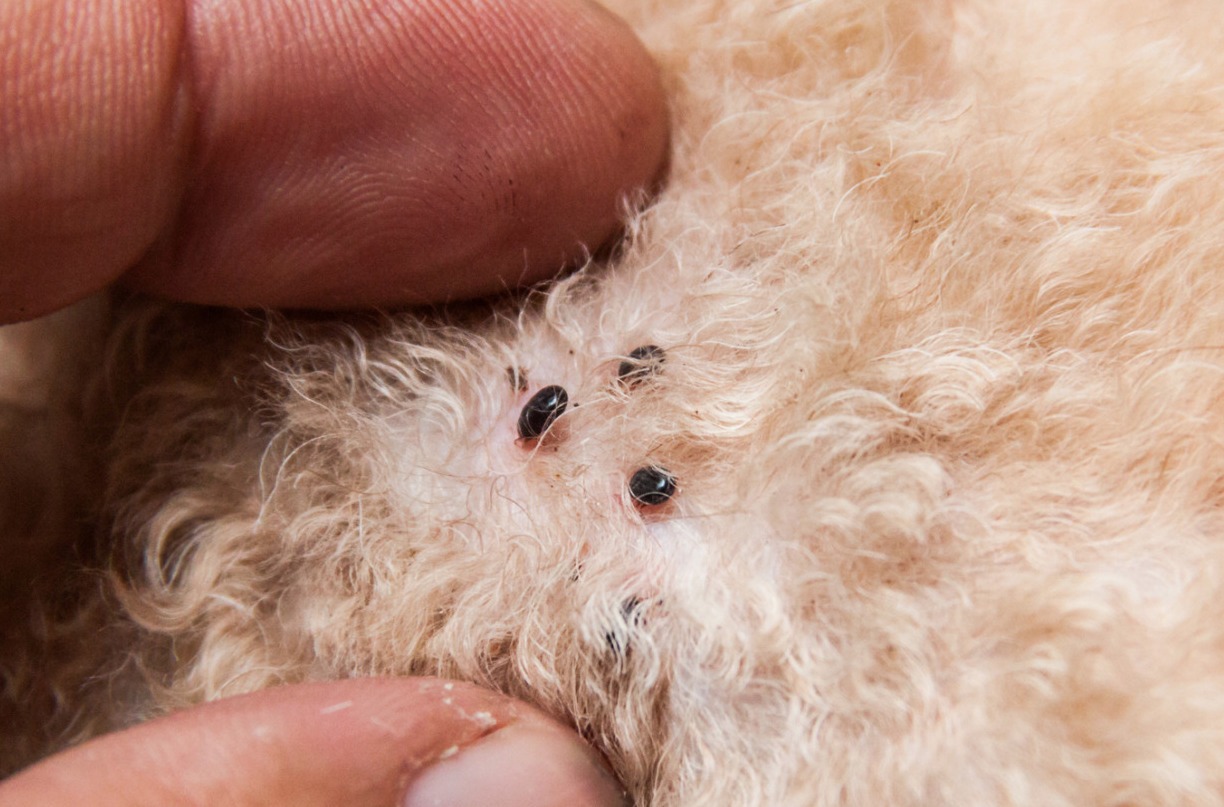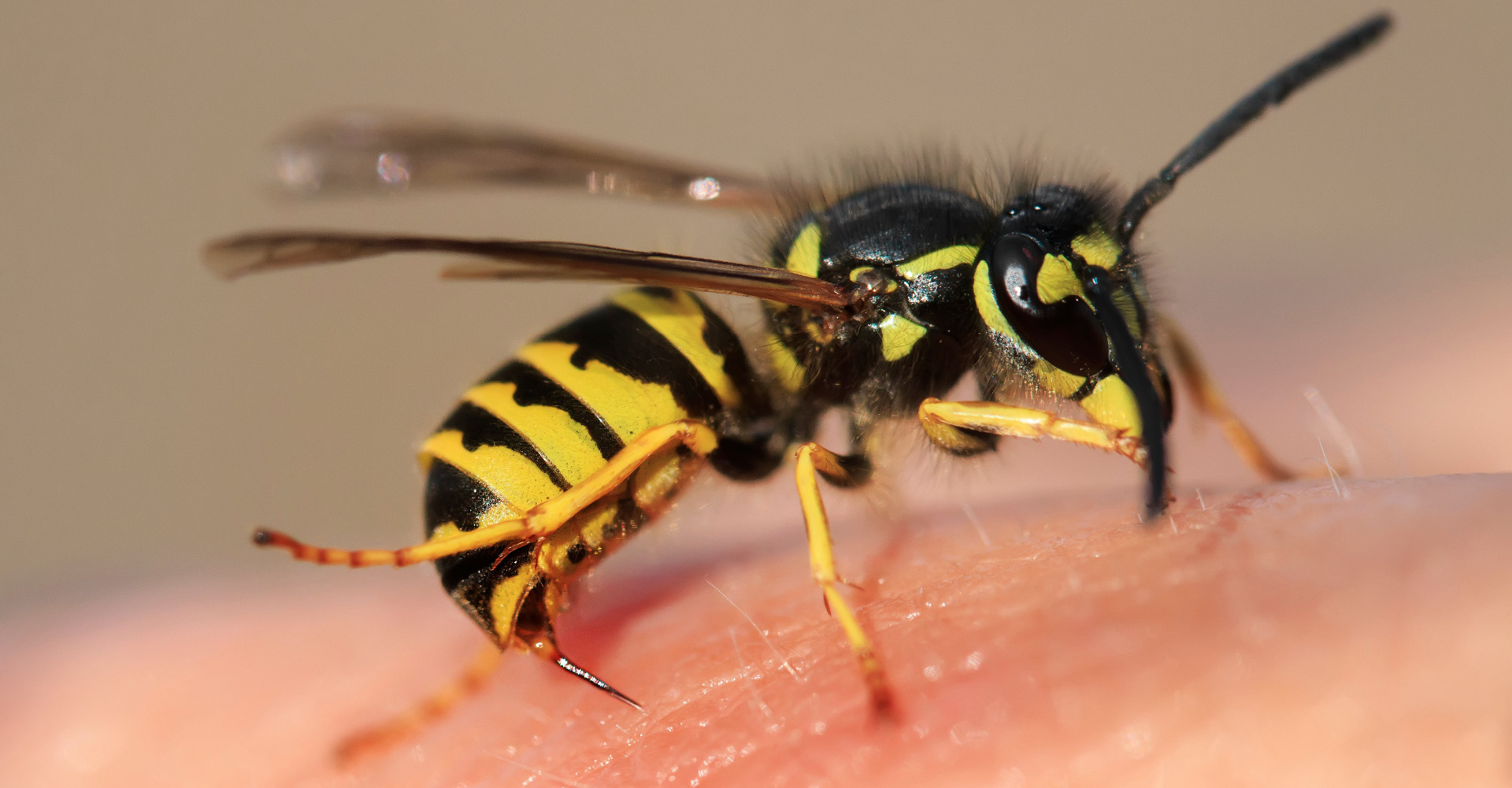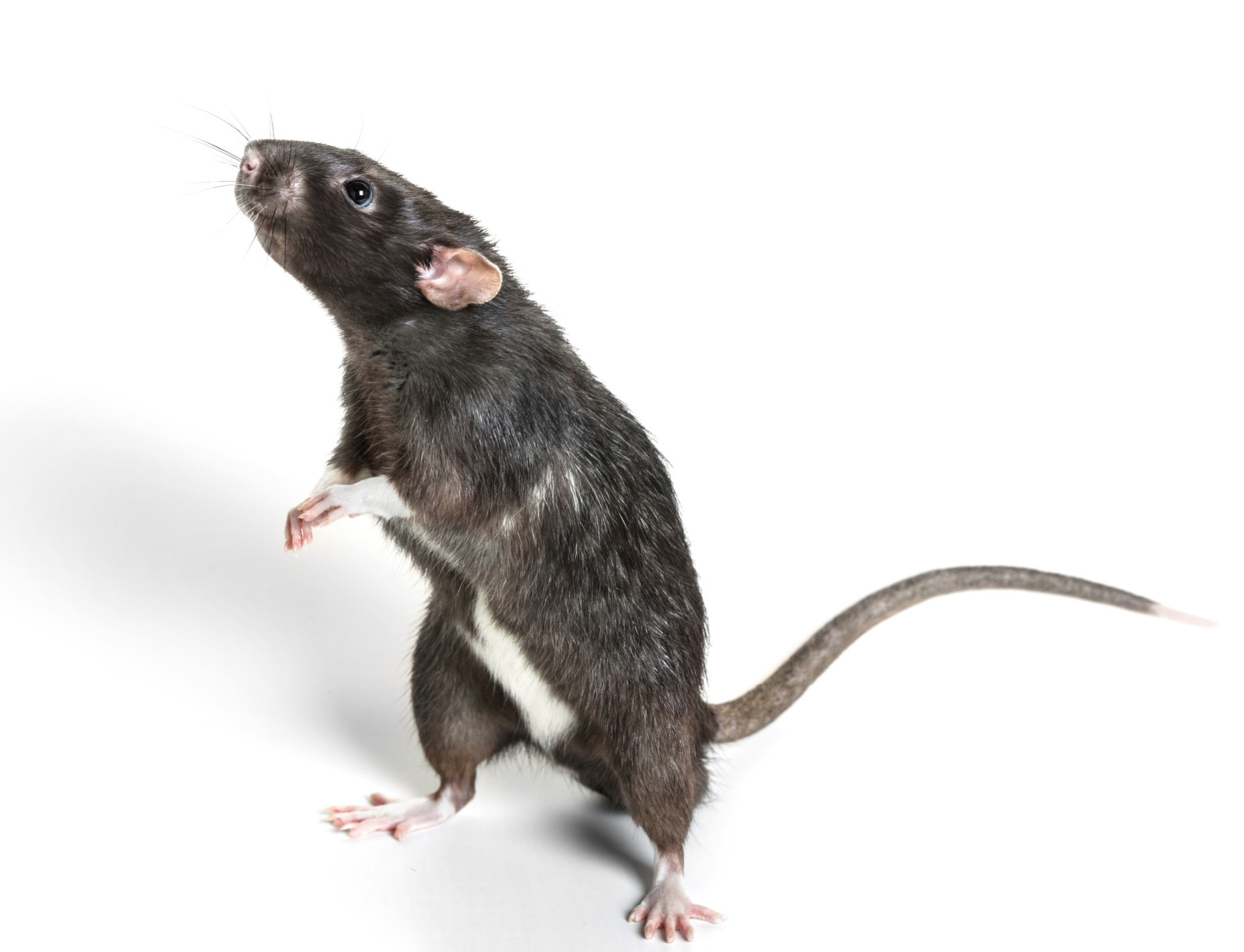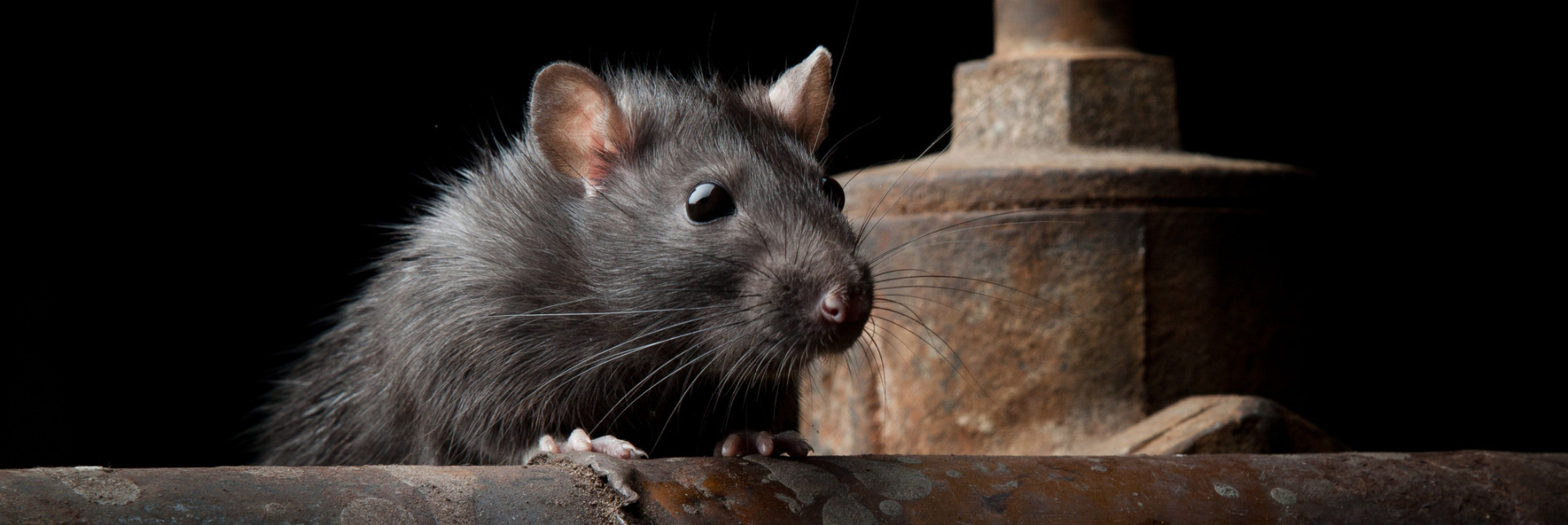When squirrels go bump in the loft
Posted on 22nd September 2019 at 17:26
We are starting to receive enquiries about noises in lofts around Lower Earley, Central Reading and Caversham that have turned out to be squirrels creating a nuisance in our customers lofts. August is one of the 2 ideal breeding times for squirrels and many of their young are now six weeks old and getting ready to leave the nest.
As squirrels will make their nests out of the installation in the loft areas by tearing up strips of it to burrow inside, they can create significant mess and damage within the roof space of the home. Their nests can often be found down into the eves of the roof or even in the facia and soffits themselves.













